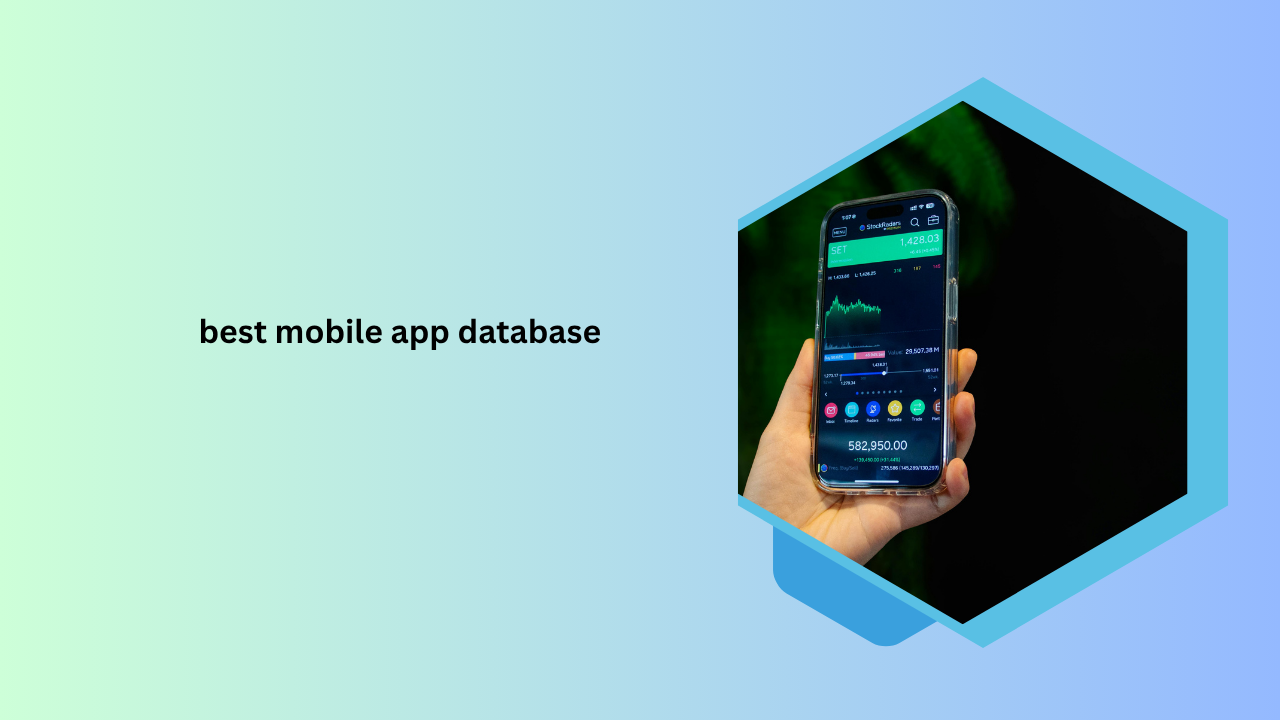This article will help you understand different kinds of mobile app databases. We will look at what makes a good database for a mobile app. We will also talk about the best choices for your projects. This guide will help you pick the perfect brain for your app.
Why the Database Choice Matters So Much
The database is the heart of your mobile app. If the database is slow, your app will be slow. If the database is not reliable, your app will have problems. A good database makes your app fast and smooth. It makes sure user data is safe and secure. It also helps your app work even when there is no internet connection. This is a very important feature for mobile apps.
A bad database choice can cause big problems. It can make your app crash. It can make it hard to add new features. Furthermore, it can be very expensive to change a database later. Therefore, choosing the right one from the start is key. This decision sets your app up for success.
Understanding the Two Main Database Types
There are two main types of databases for mobile apps. The first type is a local database. This database lives directly on the user's phone. The data is stored in the app itself. This is great for when there is no internet. The app can still work and save information. However, the data is only on one device. This is often not a good solution for apps with many users.
The second type is a cloud database. This database lives on a remote server. The data is stored in a special online location. The app needs an internet connection to talk to it. This is great for syncing data across many devices. A user can see their data on their phone and on a tablet. Most modern apps use a mix of both types to work well.
The Key Things a Mobile Database Needs
A good mobile app database needs a few things. First, it must be fast. Users do not like to wait for data. Second, it must be reliable. It should not lose any data. Third, it should be able to handle many users at once. This is especially true for cloud databases.
Moreover, the database needs to be easy for developers email data to use. It should be simple to set up and manage. It should also be scalable. This means it can grow as your app gets more users. Finally, a good mobile database should have strong security. User data must always be protected from bad people.
The Top Contender: Realm
Realm is one of the most popular databases for mobile apps. It is a local database. This means it lives on the user's phone. It is known for being extremely fast. It is much faster than many other local databases. This makes your app feel very responsive. It works very well with many different programming languages.
Furthermore, Realm is designed to be easy for developers. It is simple to set up and use. It also has a special feature called Realm Sync. This feature helps you sync data with a cloud database. This makes it a great choice for many apps. It combines the speed of a local database with the power of the cloud.

How Realm Makes Apps Fast
Realm's speed comes from its unique design. It is not like a traditional database. It uses something called a zero-copy architecture. This means it does not copy data when it is read. It reads the data directly from the disk. This saves a lot of time and battery life.
This design makes your app's performance excellent. It makes things like searching and filtering data very quick. This speed is what users notice the most. It makes your app feel snappy and professional. Therefore, Realm is a top choice for performance-critical apps.
The Benefits of Using a Local-First Approach
A local-first approach means your app works even without internet. The local database, like Realm, is the main source of truth. When the internet comes back, the app syncs the data. This makes a great user experience. A user can add a note on a train without internet. When they get to the office, the note will sync to the cloud.
This approach makes your app more reliable. It also makes it faster. The app does not have to wait for the internet. It can access the data instantly from the phone. This is a crucial feature for any modern mobile app.